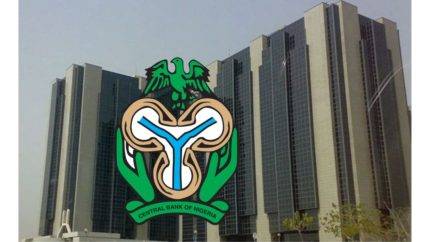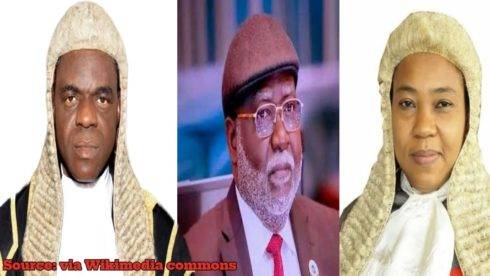In response to the escalating conflict surrounding the Kano Emirate, CJN, Justice Olukayode Ariwoola, has swiftly convened an emergency meeting scheduled for next week, 30th May, 2024. This high-stakes gathering aims to address the volatile situation and conduct a thorough investigation into the actions of key judicial figures involved in the crisis.
The urgency of the matter is underscored by the CJN’s decision to summon both the Chief Judge of the Federal High Court, Justice John Tsoho, and the Chief Judge of the Kano State High Court, Justice Dije Aboki, for a preliminary meeting on May 30, 2024. This initial encounter will serve as a precursor to the comprehensive probe planned for the subsequent emergency meeting, highlighting the grave nature of the circumstances surrounding the Kano Emirate.
CJN, Olukayode Ariwoola: Conflicting Judgments Spark Judicial Intervention
The National Judicial Council (NJC) has been compelled to intervene in the Kano Emirate crisis due to the alarming presence of conflicting judgments emanating from the Federal High Court and the Kano State High Court of Justice. This discrepancy in rulings has escalated tensions and raised concerns about the integrity of the judicial process.
According to the Director of Information at the NJC, Mr. Soji Oye, the CJN’s decision to summon the chief judges is a direct response to the “very disturbing development” arising from the contradictory rulings. The emergency meeting aims to address this concerning situation, restore public confidence in the judicial system, and ensure that justice is upheld without bias or confusion.
Whole-Scale Investigation into Judicial Conduct
The NJC’s emergency meeting next week is expected to initiate a comprehensive and whole-scale investigation into the conduct of the subject judges involved in the Kano Emirate crisis. This thorough probe underscores the gravity of the situation and the council’s commitment to upholding the highest standards of judicial integrity and accountability.
During the investigation, the chief judges in question are likely to be summoned and subjected to rigorous scrutiny by the NJC. This process aims to uncover any potential improprieties, biases, or irregularities that may have contributed to the issuance of conflicting judgments, undermining the credibility of the judicial process.
CJN’s Decisive Action Restores Public Trust
The Chief Justice of Nigeria’s prompt and decisive action in convening an emergency meeting and initiating an investigation into the Kano Emirate crisis has been widely commended as a crucial step towards restoring public trust in the judicial system. This proactive approach demonstrates the CJN’s unwavering commitment to upholding the rule of law and ensuring transparency in the administration of justice.
By addressing the conflicting judgments head-on and subjecting the involved judges to scrutiny, the CJN aims to send a clear message that any breach of judicial ethics or improper conduct will not be tolerated. This strong stance is essential in maintaining the integrity of the legal system and fostering public confidence in the impartiality of the judiciary.
Judicial Independence Under Scrutiny
The Kano Emirate crisis has also raised critical questions about the independence and autonomy of the judiciary, particularly in cases involving high-profile figures or matters of significant public interest. The conflicting judgments have fueled concerns about potential external influences or pressures that could compromise the fair and impartial administration of justice.
As the NJC’s investigation unfolds, scrutiny will be placed on the decision-making processes and potential biases of the judges involved. The council’s findings will play a crucial role in reinforcing the principles of judicial independence and ensuring that verdicts are rendered solely based on the merits of each case, free from undue influence or external factors.
Restoring Credibility in the Legal System
The Kano Emirate crisis has undoubtedly shaken public confidence in the legal system, with conflicting judgments casting doubts on the fairness and impartiality of the judicial process. However, the CJN’s decisive intervention and the NJC’s commitment to conducting a comprehensive investigation offer a glimmer of hope for restoring credibility and trust in the judiciary.
By holding judges accountable and ensuring transparency in the handling of this high-profile case, the NJC has an opportunity to demonstrate the resilience and integrity of the legal system. A thorough and impartial investigation, coupled with appropriate measures to address any identified irregularities, can serve as a powerful reminder that the rule of law remains the foundation upon which Nigeria’s democratic institutions stand.











